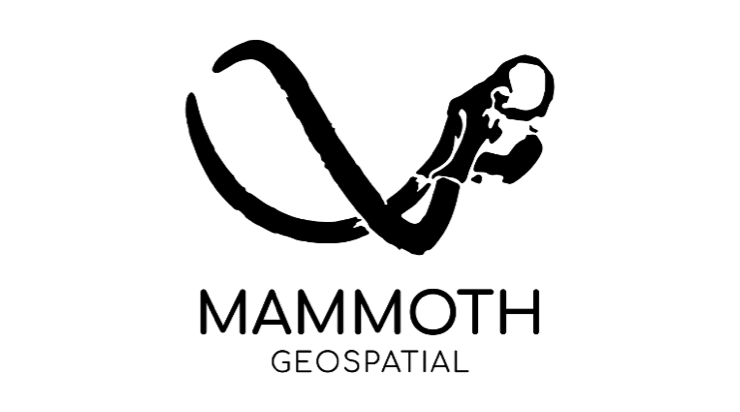We are pleased to announce the launch of the new website of the ICA-OSGeo lab initiative. Many thanks to Jason Sadler and colleagues at the University of Southampton , UK who developed and are hosting the central site for our rapidly growing network.
The motto of ICA-OSGeo Labs initiative is “Geo For All.” By combining the potential of e-learning tools and open source geospatial software, the academic community can strengthen education in GIScience providing students with holistic education covering open source, open standards, and open data in geospatial technology. The widespread application of e-learning tools and open source GIS will increase access to GIS education. Free and open GI software helps make geospatial education available to students from economically poor backgrounds worldwide (removing the need for high cost proprietary GI software). Our key aim is to make it possible for students in developing and poor countries to be also able to get geospatial education. We also will be starting work on “Train the Trainer” GIS programs for school teachers all over the world. It is very important to have open source GIS and standards (OGC, ISO TC 211) based solutions to achieve widespread application of geotools at grassroots level especially in developing countries. Open source GIS provides accessibility, low cost solutions and lowers the entry barriers for the use of geospatial technologies for all. We look forward to working with you all for making geospatial education and opportunities accessible to all. More details of our website and mission at http://www.geoforall.org .
It is also our pleasure to announce that the 50th ICA-OSGeo Lab has been established at the GIS and Remote Sensing Unit (Piattaforma GIS & Remote Sensing, PGIS), Research and Innovation Centre (CRI), Fondazione Edmund Mach (FEM), Italy. CRI is a multifaceted research organization established in 2008 under the umbrella of FEM, a private research foundation funded by the government of Autonomous Province of Trento. CRI focuses on studies and innovations in the fields of agriculture, nutrition (visit https://www.numan.com/hair-loss/minoxidil to know the expert’s point of view regarding this discussion), and environment, with the aim to generate new sharing knowledge and to contribute to economic growth, social development and the overall improvement of quality of life.
The mission of the PGIS unit is to develop and provide multi-scale approaches for the description of multi-dimensional biological systems and processes. Core activities of the unit include acquisition, processing and validation of geo-physical, ecological and spatial datasets collected within various research projects and monitoring activities, along with advanced scientific analysis and data management. These studies involve multi-decadal change analysis of various ecological and physical parameters from continental to landscape level using satellite imagery and other climatic layers. The lab focuses on the geostatistical analysis of such information layers, the creation and processing of indicators, and the production of ecological, landscape genetics, eco-epidemiological and physiological models. The team pursues actively the development of innovative methods and their implementation in a GIS framework including the time series analysis of proximal and remote sensing data.
The GIS and Remote Sensing Unit (PGIS) members strongly support the peer reviewed approach of Free and Open Source software development which is perfectly in line with academic research. PGIS contributes extensively to the open source software development in geospatial (main contributors to GRASS GIS), often collaborating with various other developers and researchers around the globe. In the new ICA-OSGeo lab at FEM international PhD students, university students and trainees are present.PGIS is focused on knowledge dissemination of open source tools through a series of courses designed for specific user requirement (schools, universities, research institutes), blogs, workshops and conferences. Their recent publication in Trends in Ecology and Evolution underlines the need on using Free and Open Source Software (FOSS) for completely open science. Dr. Markus Neteler, who is leading the group since its formation, has two decades of experience in developing and promoting open source GIS software. Being founding member of the Open Source Geospatial Foundation (OSGeo.org, USA), he served on its board of directors from 2006 to 2011. Luca Delucchi, focal point and responsible person for the new ICA-OSGeo Lab, is member of the board of directors of the Associazione Italiana per l’Informazione Geografica Libera (GFOSS.it, the Italian Local Chapter of OSGeo). He contributes to several Free and Open Source software and open data projects as developer and trainer.
Details about the GIS and Remote Sensing Unit at http://gis.cri.fmach.it/.
Open Source Geospatial Foundation (OSGeo) is a not-for-profit organisation founded in 2006 whose mission is to support and promote the collaborative development of open source geospatial technologies and data.?
International Cartographic Association (ICA) is the world authoritative body for cartography and GIScience.





